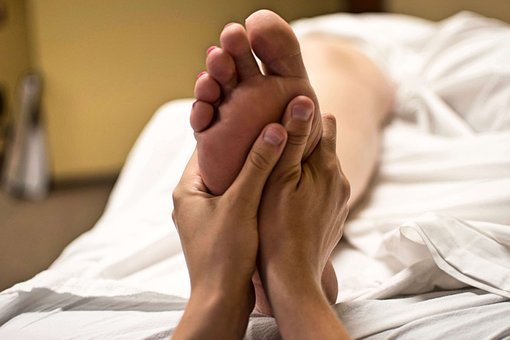Important things to know about sleep
Late nights and sleep disorder is the most discussed subject today, as most of the people complain about the lack of a good night’s sleep. Today the routine of every working person is almost similar, they come home late from work, then explore for some amusement on TV or the internet. Practically, no one sleeps before 2 past midnight but then need to wake up by seven to rush to their offices, hampers the sleep time. The sleeping pattern of all is different as they need 6 to 9 hours to invigorate themselves for a new day. However, that does not mean, sleeping longer makes a person super active.

Expert’s opinion
According to the American health survey, 10% of people are chronic insomniacs while 30% are affected by this order overall. There are 15 to 20% of people who have a temporary sleeping disorder. The UK study says that 39% of people have sleeping disorders there.
You may also like
Essential Tips for a Good Sleep
Foods that Affect Your Sleep Quality
Important Tips to Improve Your Sleep Quality
Effect of sleep deprivation and How to sleep better
Experts lay big importance to sleeping time, as they suggest 11 at night should be the ideal bedtime. They recommend 7-9 hour sleep to stay energetic and alert. They feel every hour before midnight is of twice importance than every hour after 12 midnight. Although this theory has many rebuttals, as new technology gives a lot of fun but takes off quality time to sleep.
Sleep Aid Formula 11ml
from: Healing Natural Oils
Sleeping Duration
A thumb rule measured for basic minimum sleeping time for all ages is here below:
- Adults: 7-9 hours
- Teenagers: 8-10 hours
- Children 6-12 years: 9- 12 hours
- Children 3-5 years: 10-13 hours
- Children 1-year: 11-14 hours
- Toddlers of 4-12 months: 12-16 hours
Health Hazards of erratic sleeping time
Ironically, no one wants to wake up every morning feeling groggy and listless after extending snooze time several times. This is troubling, as no time is left for morning exercises between waking up and moving to the office. This takes a toll on health in the longer run.
The chronic sleeping disorder causes many health issues such as cardiovascular, hypertension, and depressive disorders. People with this disorder have been seen to lose their jobs even. This affects their quality of normal life with these noticeable symptoms of sleep disorder.

- Low motivation or energy
- Daytime sleepiness
- Mood disturbance, unhappy persona
- Poor memory
- Weariness in body and eyes
- Increased errors or accidents
- Helplessness to focus or concentrate
Tips to Sleep at Right Time
1. Set your sleeping time
First work on your willpower by setting up a specific time for the bed. You must get over to the bed even if you are not feeling sleepy. You must target 7 to 9 hours of sleep every night.
2. Set internet hours
Refrain from using the internet or television for at least one hour before sleeping.
3. Avoid caffeine
Your last cup of coffee/tea should have a gap of two hours at least from sleeping time.

4. Try to wake up before your alarm clock rings.
5. Physical exercise: Keep two hours of gap between supper and sleeping time. Try to walk or do some light exercise to keep the body worked up so you could have sound sleep.

The balanced food, physical exercise, and right sleeping time keep you physically fit and mentally active and will also help in resolving the sleep disorder problem.
Related Post:
Ways to Have Sound Sleep at Night
Reference:
- https://gretchenrubin.com/
- http://time.com/tag/mental-healthpsychology




